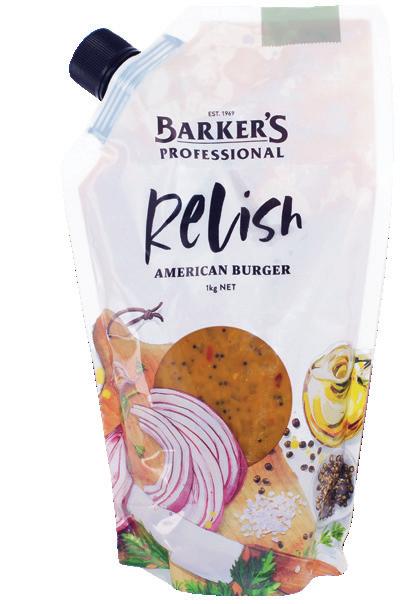
1 minute read
RUNNING OUT OF FOOD: PETITION TO DOUBLE HEALTHY SCHOOL LUNCHES
HCA presented its petition to double Ka Ora, Ka Ako Healthy School Lunches to Camilla Belich MP on the Parliament forecourt this month. Students from Ngati Toa School in Porirua joined HCA CoChair, Dr Lisa Te Morenga, in presenting the petition, which has been signed by over 100 schools, PPTA and NZEI unions and over 60 health and community organisations.
The Ka Ora, Ka Ako Healthy School Lunches Programme is in its fourth successful year, but it’s not reaching every child who needs it. Currently, only 25 percent of schools are eligible to opt into the programme, with many tamariki in need missing out, including those from middle-income whānau experiencing food insecurity.
A study of the programme showed 16 percent of students surveyed in middecile primary schools and 11.7 percent surveyed in high-decile schools had either run out of food at home or had gone to school hungry. While research from Talbot
Mills shows 83 percent of people rate affordable healthy food as their top cost of living concern.
Solving food insecurity in Aotearoa isn’t a quick fix, but doubling this successful programme is something the Government can do right now to take the pressure off struggling whānau.
Dr Te Morenga said that with the election coming up, schools and whānau want to see a long-term commitment to Ka Ora, Ka Ako, no matter who wins.
“The cost-of-living crisis is pushing many whānau to a tipping point. Making sure tamariki get healthy, nutritious food that supports their learning and development is really challenging right now for almost all whānau. And there are still so many schools who are ineligible for the programme but have students trying to learn on an empty stomach, and that’s unacceptable.”
“Expanding Ka Ora, Ka Ako will lift up whānau who are doing it tough at the moment,” she added.
“Including those from middle-income brackets who may never have experienced food insecurity before.”
Ngāti Toa School Principal Kathleen O’Hare says due to the Ka Ora, Ka Ako programme, she now has students coming to school who previously wouldn’t because of a lack of food.”There’s a stigma that used to come with not having any lunch. Now everyone is getting lunch, and those who haven’t previously been able to bring a lunch haven’t been standing out anymore.”
The principal of Sunnynook Primary School in Auckland, Virginia Montague, said that while her school is currently ineligible for Ka Ora, Ka Ako, there’s definitely a need for it.
“Last year, we ran a parent-funded programme that supplied hot daily lunches for students. It made a big difference in attendance, but due to increased costs, the providers weren’t able to keep it going. Having Ka Ora, Ka Ako in our school would make a world of difference,” said Montague. H













